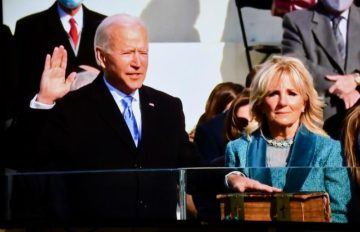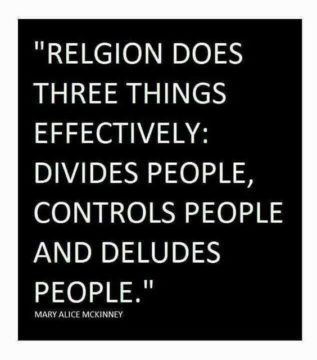by Akim Reinhardt

Satire seems all but dead for now. Maybe it’s because the world became increasingly ludicrous, culminating with a real-life president as ridiculous as any satire Jonathan Swift or Dorothy Parker could dream up. Donald Trump’s bizarre presidency may have been the peak of absurdity (fingers crossed), but it had been building for a while as right wing extremism became more and more cartoonish, TV evolved into formulaic lunacy, and QAnon convinced millions to believe the Lizard People conspiracy. This rising tide of insanity neutralized satire by making reality itself seem like parody.
As the world became almost unfathomably strange, many people reacted by demanding seriousness; social and political critics understandably turned very sober. And this too marginalized satire, which addresses serious issues by mocking them. Its seriousness is dressed up in pasquinade. Satire doesn’t loudly demand righteous justice or offer up moralistic lessons. It exposes crimes by spoofing them. It’s neither judge nor jury, but rather the jester who sends up the corrupt and lecherous court.
For a while I’ve observed that satire is caught in the middle, between the craziness and the sanctimony. Between the outrageous and the outraged. This was driven home to me last week when I watched the film Slapshot, which I’d not seen in over 30 years. A 1977 comedy about minor league hockey, it comes from an era that was ripe with satire. But I suspect most audiences today would not recognize its satirical edges. Partly because it’s nearly half-a-century old and the culture has shifted in numerous ways. But also because satire currently flies over many people’s heads. Read more »


 For those of us who classify ourselves as Nones—
For those of us who classify ourselves as Nones—